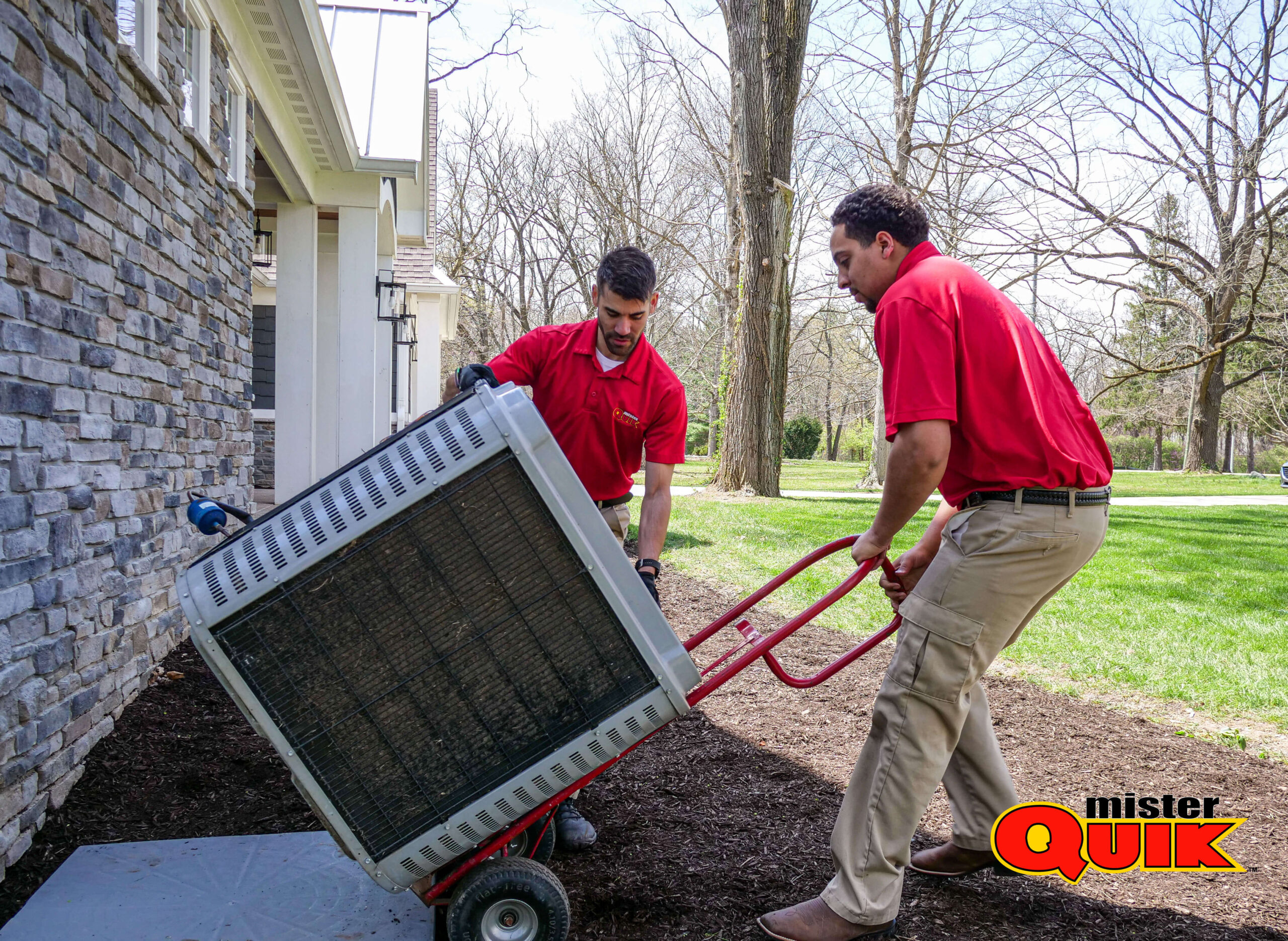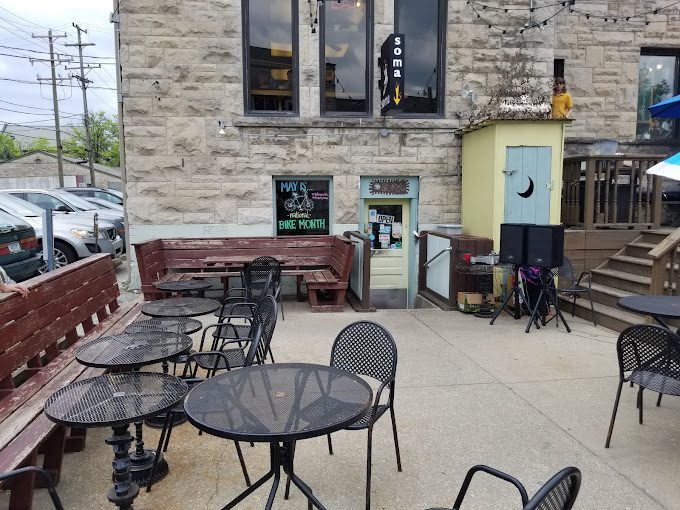HVAC Repair Near Me
Schedule on your own without making a call. Click the button below to get started!

Residential HVAC Repair Bloomington
Keeping your home comfortable year-round requires a well-functioning HVAC system. But breakdowns happen, and when they do, you need fast, reliable repairs. This guide helps you navigate the residential HVAC repair landscape, from finding reputable companies to understanding potential costs.
HVAC Repair Companies
Finding the right repair company is crucial. Look for:
Ensure technicians hold state-issued licenses and proof of insurance.
Check online reviews on platforms like Google, Yelp, and Angie's List.
Choose companies with experience in your specific HVAC system type.
Get clear quotes upfront, avoiding hidden fees or service charges.
The most common problem with HVAC systems is inadequate maintenance, leading to issues such as dirty filters, clogged ducts, and worn-out components. Neglecting regular upkeep can result in decreased efficiency, reduced airflow, and ultimately, system breakdowns. Additionally, failure to address these issues promptly can lead to higher energy bills and compromised indoor air quality. Regular inspection and maintenance by qualified technicians are essential to prevent these common HVAC problems and ensure optimal performance and longevity of the system.
HVAC repairs can be expensive due to several factors. Firstly, the complexity of HVAC systems often requires specialized knowledge and skills to diagnose and fix issues effectively, which can increase labor costs. Additionally, the cost of replacement parts, particularly for newer and more advanced systems, can be substantial. Furthermore, HVAC repair companies typically factor in overhead costs such as insurance, licensing, and equipment maintenance into their pricing. Finally, emergency repairs or those during peak seasons may incur higher costs due to increased demand for services. Overall, the combination of skilled labor, expensive parts, overhead expenses, and market dynamics contribute to the seemingly high costs of HVAC repairs.
The life expectancy of an HVAC (Heating, Ventilation, and Air Conditioning) system typically ranges between 15 to 25 years, depending on various factors such as maintenance, usage patterns, and environmental conditions. Regular maintenance, including cleaning, filter replacement, and system inspections, can prolong its lifespan. Additionally, technological advancements may render older systems less efficient over time, prompting upgrades for improved energy efficiency and performance. Considering these factors, homeowners should monitor their HVAC systems closely and plan for replacements or upgrades accordingly to ensure optimal comfort and functionality.
The four main types of problems in HVAC (Heating, Ventilation, and Air Conditioning) systems include issues with airflow, such as restricted or inadequate airflow due to obstructions or faulty components; problems with the refrigeration cycle, such as leaks or insufficient refrigerant levels leading to poor cooling performance; issues with the controls and thermostats, such as malfunctioning sensors or inaccurate temperature readings affecting system operation; and problems with the mechanical components, including worn-out or defective parts like motors, belts, or bearings causing inefficient or erratic system performance. Identifying and addressing these categories of problems promptly is essential for maintaining optimal HVAC functionality and energy efficiency.
The most expensive component of an HVAC system typically is the heating, ventilation, and air conditioning unit itself, commonly referred to as the HVAC unit. This unit integrates various mechanisms like the compressor, condenser, evaporator coil, and blower motor, all crucial for regulating temperature and air quality within a building. The cost can vary based on factors such as size, efficiency rating, and brand, with high-efficiency models or those with advanced features commanding a premium price. Additionally, installation expenses may contribute significantly to the overall cost of the system.
HVAC Near Me Free Estimates


Many HVAC companies offer free estimates, allowing you to understand the repair scope and associated costs before committing. This transparency helps you compare options and budget effectively.
Here are some ways to find free estimates:
Most companies offer online request forms for free estimates.
Contact companies directly to schedule an appointment.
Utilize platforms like Angi’s List or HomeAdvisor to connect with local providers.
Tip: When requesting an estimate, provide detailed information about your HVAC issue and system type.


Minor issues like clogged filters will cost less than complex component replacements.


Furnaces generally require higher repair costs compared to air conditioners.



Replacing expensive components like compressors will increase the overall cost.



Different companies may have varying labor and service charges.
Affordable HVAC Repair Near Me
Finding affordable HVAC repair doesn’t mean sacrificing quality. Here are some strategies to ensure you get the best value for your money:
1. Get Multiple Estimates:
- Shop around: Don’t settle for the first quote you get. Contact at least 3-5 reputable companies in your area for estimates.
- Compare apples to apples: Ensure each estimate covers the same scope of work, including labor, parts, and any additional fees.
- Negotiate: If comfortable, politely negotiate the price based on your research and obtained quotes.
2. Explore Cost-Saving Options:
- Seasonal promotions: Many companies offer discounts during spring or fall shoulder seasons when business is slower.
- Package deals: Some companies offer bundled maintenance and repair packages at discounted rates.
- Ask about financing: If repairs are extensive, inquire about financing options to spread the cost over time.
- DIY fixes (for minor issues): For small problems like clogged air filters or loose thermostat wires, consider tackling them yourself with online tutorials or guidance from professionals. However, avoid DIY for complex issues to prevent further damage.
3. Prioritize Preventative Maintenance:
- Regular tune-ups: Schedule annual maintenance check ups to catch small problems before they become expensive repairs.
- Change air filters: Replace air filters monthly to maintain airflow and system efficiency, reducing energy costs and potential breakdowns.
- Clear debris: Keep outdoor unit areas free of leaves, twigs, and other debris to prevent airflow obstruction and overheating.
4. Consider Local Options:
- Look for local, family-owned businesses: They may offer more competitive rates and personalized service compared to national chains.
- Check online reviews: Utilize platforms like Google, Yelp, and Angie’s List to read customer experiences and gauge affordability.
- Ask neighbors or friends: Recommendations from trusted sources can lead you to reliable and affordable options.
Local HVAC Repair
Choosing local HVAC repair companies offers several advantages:
Local companies often have smaller service areas, allowing them to reach your home quicker, especially during emergencies. Faster response times translate to less discomfort and potentially reduced damage from prolonged system malfunctions
Local businesses often prioritize building relationships with their customers, leading to personalized attention and understanding of your specific needs. This can result in more tailored solutions and recommendations compared to larger, national chains.
By choosing local HVAC repair companies, you're directly supporting the community. This helps create jobs, strengthens the local economy, and keeps money circulating within your community.
While not always guaranteed, local companies may have lower overhead costs compared to national chains, potentially translating to more competitive pricing. However, always compare quotes and service offerings before making a decision.
By implementing these energy-efficient measures, you can significantly reduce your heating costs and enjoy a more comfortable living environment.
- Check air filters: Replace if dirty to improve airflow.
- Inspect ducts: Clean and remove any obstructions.
- Evaluate labor costs: Ensure fair pricing for skilled work.
- Consider alternative solutions: Explore options to minimize expenses.
- Assess lifespan: Determine if the system is nearing the end of its useful life.
- Plan for upgrades: Budget for replacements or technological advancements.
- Address airflow issues: Resolve restrictions or blockages.
- Check refrigerant levels: Ensure proper cooling efficiency.
- Research HVAC unit prices: Compare options for affordability.
- Factor in installation expenses: Budget for additional costs beyond the unit itself.








